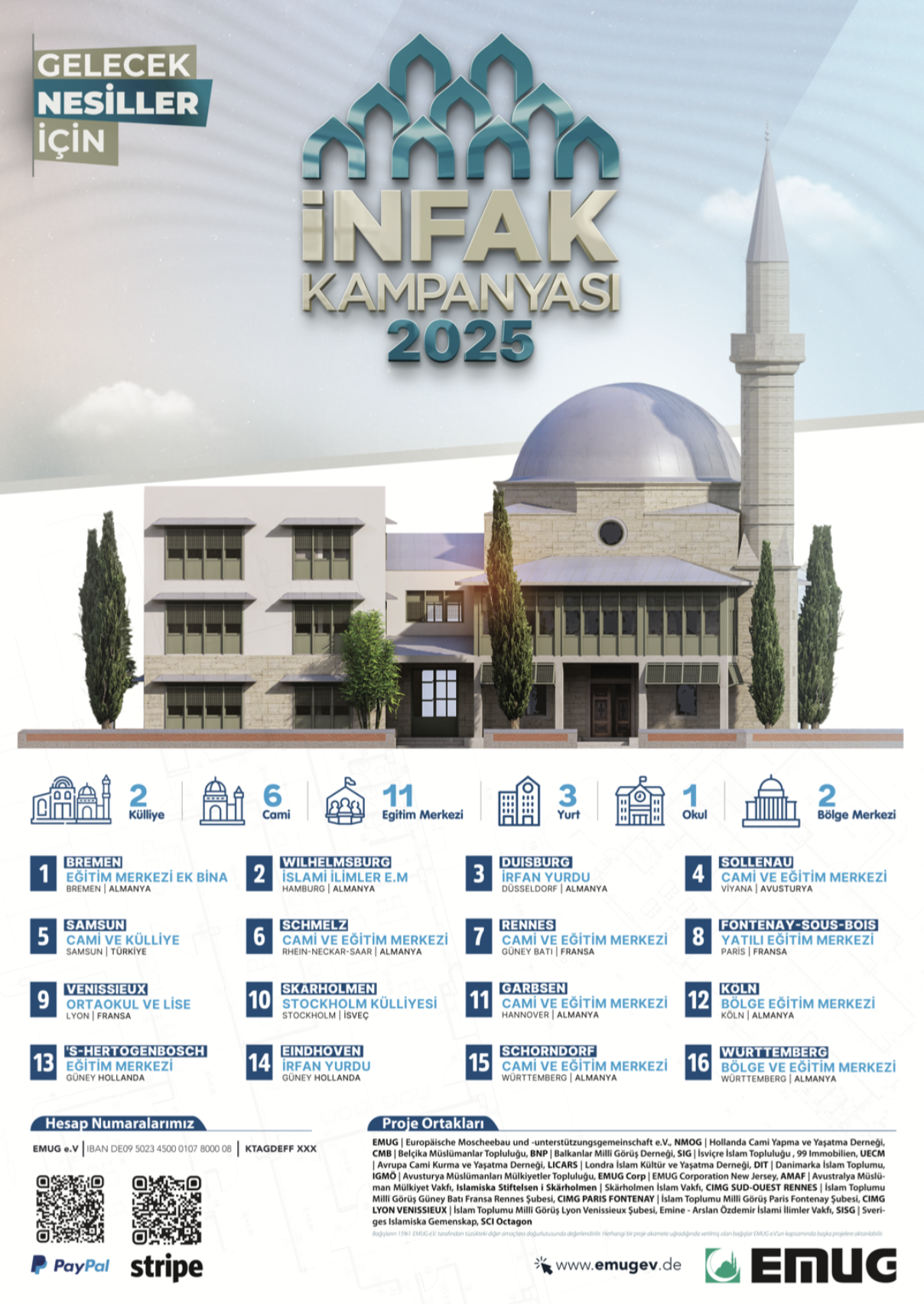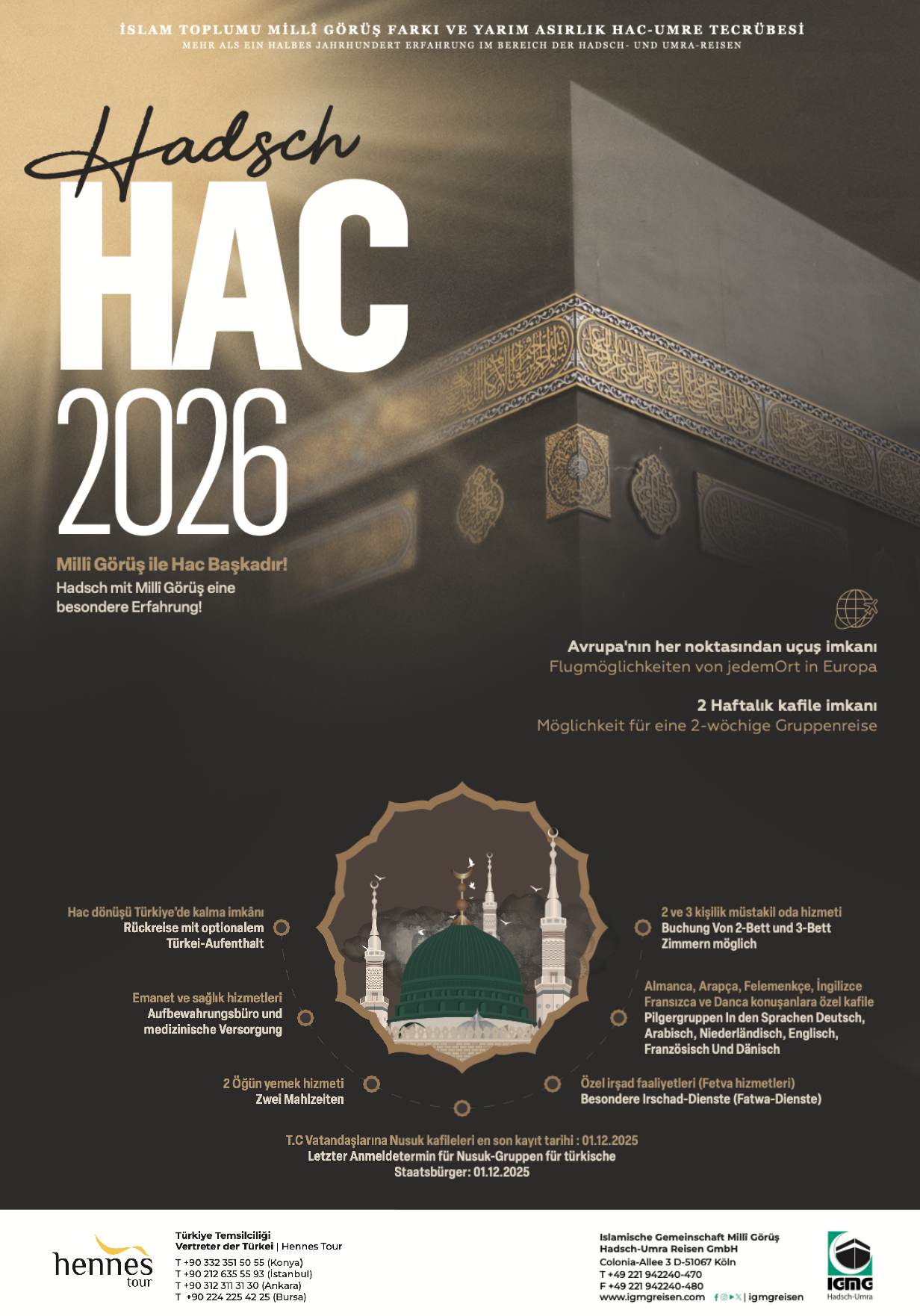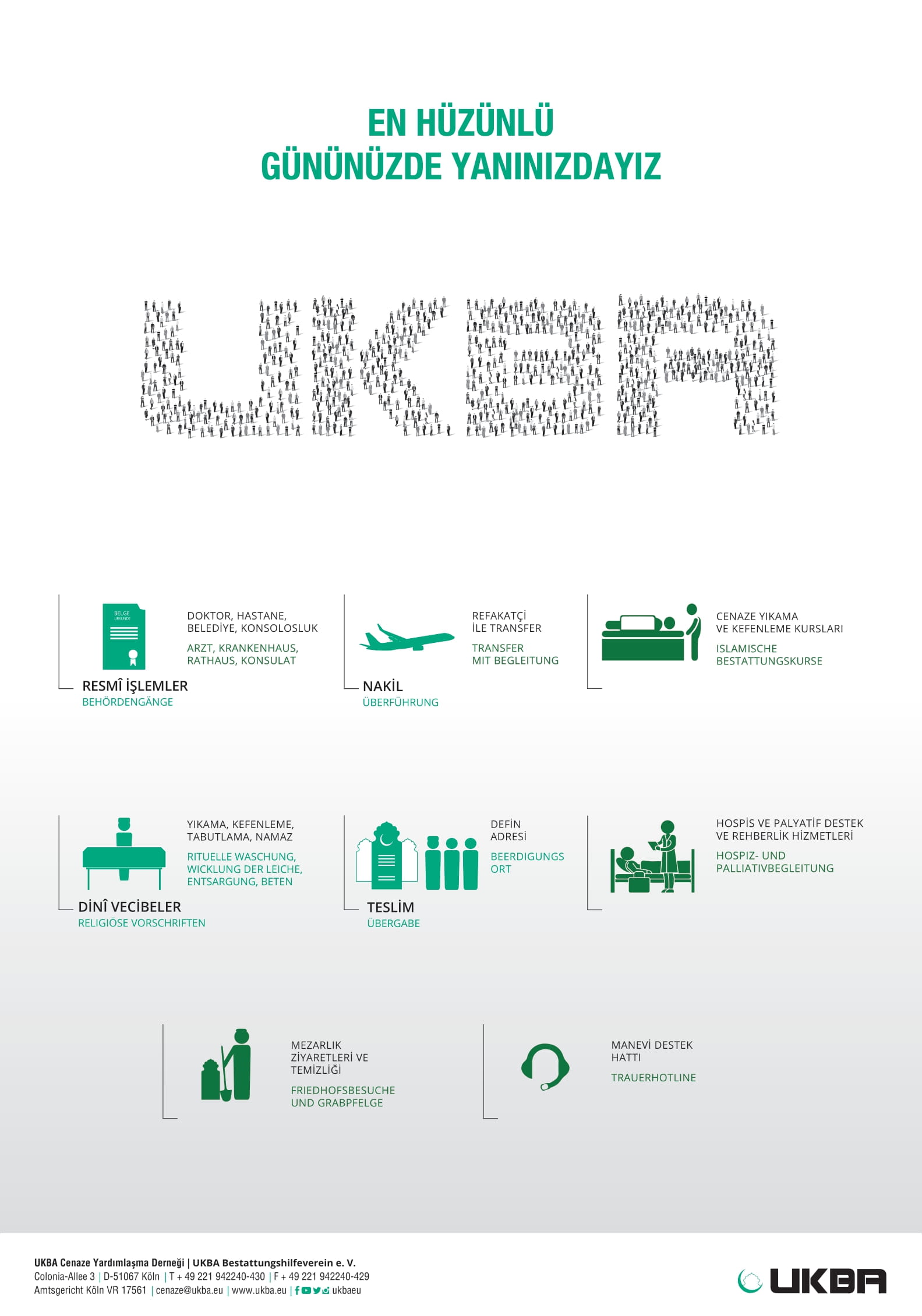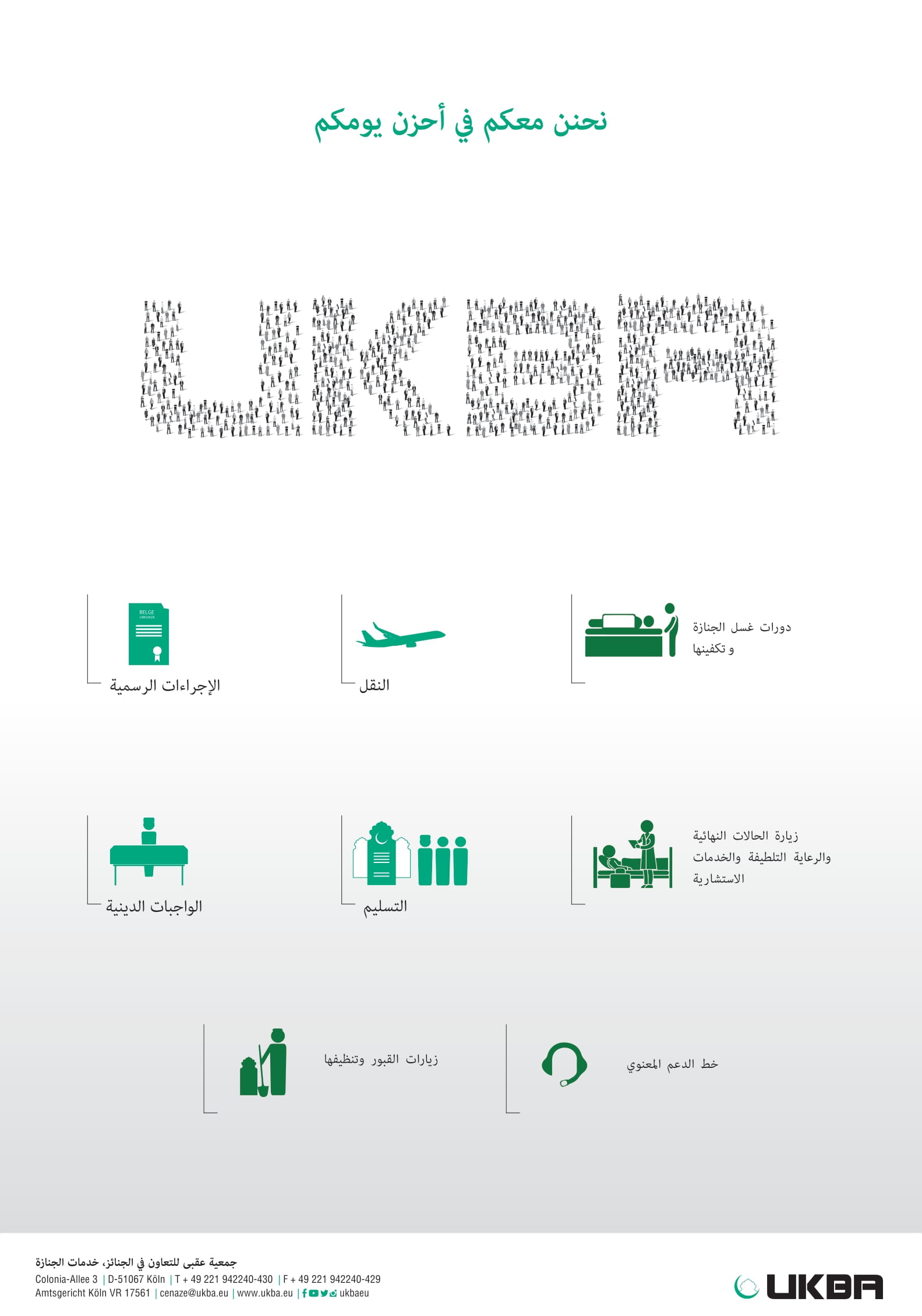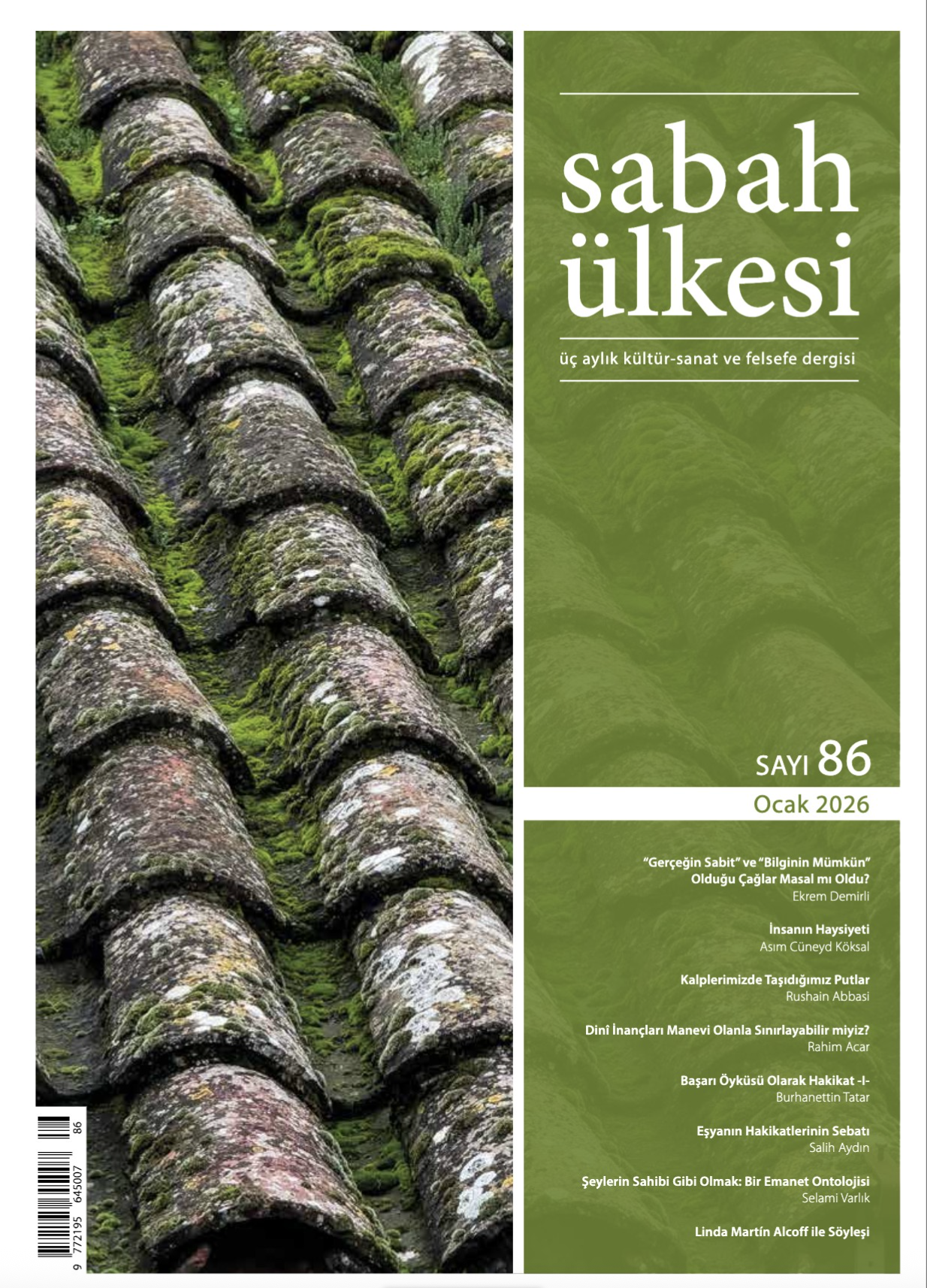Friday Khutba
Hajj is Arafat
30. May 2025
Dear Brothers and Sisters!
The oldest and longest journeys in history have been those made for religious purposes. The pilgrimage of Hajj is an act of worship performed at a sacred place and has existed in every era of history. This act of worship is a blessed journey undertaken by leaving behind worldly matters, responding to the command of Almighty Allah and seeking His pleasure. At every stop along this journey, there are countless lessons and wisdoms that can guide our lives. Hajj, one of the five pillars of Islam, is not only a physical journey of the body but also a spiritual journey and an ascension of the soul. A pilgrim should reflect on whom they are visiting, where they are going and for what purpose when embarking on the Hajj journey; they should view this journey as similar to the one-way journey to the Hereafter. Only with this awareness does the act of Hajj gain deep meaning. Hajj is an act of worship in which Muslims from all around the world come together for the same purpose, collectively striving to be true servants of Allah and gaining spiritual awareness.
Dear Brothers and Sisters!
Through this act of worship, which is one of the core pillars of Islam, millions of Muslims, despite differences in language, colour, country and means, become united as one body with the same feelings; they experience brotherhood and feel the joy of faith. Such a gathering and unity is also an opportunity for communication and interaction among the believing community and all Muslims. Standing at Arafat symbolises the Day of Judgment and resurrection.
The great flow of people from Muzdalifah and Mina to the Kaaba, the tawaf around the Kabah, the sa’i between Safa and Marwa, the stoning of the devil at Mina, shaving the head, and sacrificing an animal, all these rites are in fact a demonstration of tawhid (the oneness of God), a form of standing in devotion, and the peak of servitude. Behind these rites lies purification, maturation, ascension and reaching the truth.
Dear Jama’ah!
The answer given by the Messenger of Allah to the question of what Hajj is, is clear and concise: “Hajj is Arafat.”[1] In other words, it is being present at Arafat. To be at Arafat means to stand in vigil (wuqūf). Hajj is to comprehend and internalise Arafat, to reach spiritual knowledge. Arafat is the most blessed of all times and, within the time of wuqūf, the most exalted of all places. At Arafat, the pilgrim strives to understand the meaning of standing in the presence of Allah, to realise that status, wealth and similar worldly advantages are not privileges, and that true superiority lies only in piety (taqwa). In a hadith narrated from our mother Āisha (may Allah be pleased with her), the Prophet (saw) said: “There is no day on which Allah frees more of His servants from the Fire than the Day of Arafah. He draws near, then boasts about them to the angels and says: ‘What do these (servants) want?’” He showers His mercy upon His servants who have gathered in Arafat, with their hair ruffled and covered in dust, calling out “Labbayk…” and shows them to His angels, taking pride in them.”[2]
The pilgrims, as guests of the Most Merciful, attain self-awareness at Arafat, consciousness and awakening at Muzdalifah, love and affection at Mina, refuge in Allah from the accursed devil and the endless desires of the ego at the Jamarat, and reach taqwa through the act of sacrifice. Thus, they draw spiritually closer to Allah (swt). Indeed, the Prophet (saw) said: “Whoever performs Hajj for the sake of Allah, avoiding all indecent and sinful acts during it, will return (from Hajj) as sinless as the day his mother gave birth to him.”[3]
Let us conclude with the verse of the Qur’an we recited at the beginning of our khutba: “Proclaim the Hajj to all people: they will come to you on foot and on every lean camel; they will come from every distant path.”[4] May Allah (swt) grant us all the opportunity to reach Him, to perform tawaf in His Sacred House, and to stand in vigil at Arafat. May your Jumah be blessed and may the pilgrimage of our hujjaj be accepted and their efforts be rewarded. Ameen.
[1] Nesâî, Menâsikü’l-Hac, 203
[2] Müslim, Hac, 436; İbn Mâce, Menâsik, 56
[3] Buhârî, Hac, 4; Müslim, Hac, 438
[4] Surah Al-Hajj, 22:27






